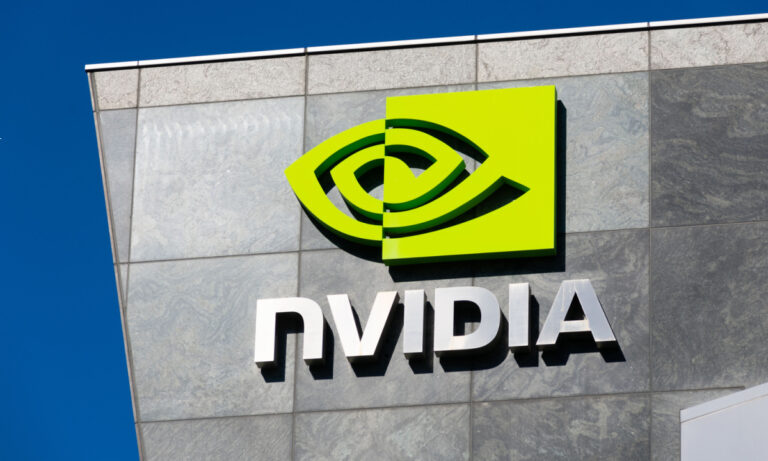Limited supplies of Nvidia chips have reportedly left customers frustrated.
“There’s so much demand in this space, everyone wants to be first, everyone wants to be the best,” Jensen Huang, CEO of the company, which is valued at about $3 trillion, said on Wednesday.
“Many customers may be emotional today. It’s natural. They’re nervous. We’re doing our best,” added Huang, whose comments were reported by Bloomberg News as coming from a Goldman Sachs technology conference.
Nvidia reportedly said demand was strong for its latest generation of chips, called Blackwell, and the company has been outsourcing production of the hardware, while Nvidia’s suppliers are playing catch-up, Huang told the audience.
Nvidia’s chips help data centers develop and run artificial intelligence (AI) models, and strong demand for those services has sent the company’s revenue soaring, briefly making it the world’s largest company earlier this year. (As of Wednesday afternoon, it was third behind Apple and Microsoft.)
But Bloomberg points out that Nvidia relies on a small number of customers, such as data center operators like Meta and Microsoft, for most of its revenue.
Huang was asked about whether the huge spending on AI is delivering a return on investment for clients, which has been a concern amid the tech industry’s AI boom.
He said companies have no choice but to adopt “accelerated computing,” adding that the company’s technology can speed up traditional workloads (data processing) while also handling AI tasks that older technologies can’t handle.
PYMNTS reviewed Nvidia’s rapid growth last month and noted that it hasn’t been without its ups and downs: The company’s shares fell 20% between July and early August, a sign that investors are concerned about whether the company can live up to sky-high expectations, and questions remain about the sustainability of AI spending by big tech companies.
“Nvidia is also facing increased regulatory scrutiny, with U.S. regulators investigating whether the company pressured cloud providers into buying multiple products or otherwise tried to bundle its networking equipment with its AI chips,” the report said.
“The AI chip market is becoming increasingly competitive, with longtime rival AMD making strides with its own AI processors, while tech giants such as Google and Amazon are developing custom chips for their own data centers. In China, where U.S. export controls have limited Nvidia’s presence, domestic champion Huawei is emerging as a formidable competitor.”


